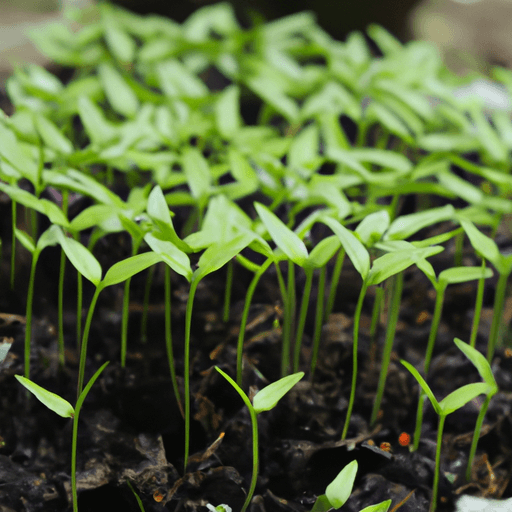
Crowding in an Ecosystem
Easy

In this experiment, you'll plant radish seeds in two different cartons and observe the differences in growth. Can you figure out why the plants in one carton grow differently than the plants in the other?
Hypothesis
The hypothesis is that the plants in the carton with more seeds will be shorter and less full than the plants in the carton with fewer seeds.
Method & Materials
You will cut off the top of two milk cartons, punch holes in the bottom, fill them with soil, plant radish seeds, and water them.
You will need two small milk cartons, a nail, garden soil, water, radish seeds, a metric ruler, a marker, a pie pan, and a measuring cup.
Results
After observing and measuring the plants in each carton, it was found that the plants in the carton with fewer seeds were taller and fuller than the plants in the carton with more seeds. This suggests that overcrowding can have a negative effect on plant growth.
Why do this project?
This science project is interesting because it shows how overcrowding can have a negative effect on plant growth, which can be applied to other ecosystems.
Also Consider
Experiment variations to consider include planting different types of seeds, planting the same number of seeds in both cartons, and planting the seeds closer together in one carton.
Full project details
You can find additional information and details for this science fair project here. Have fun exploring!Related video
Hey there! Here are some awesome videos about this science project that we think you'll really like. They're not only super fun, but they'll also help you learn more about the science behind the project. So sit back, relax, and get ready to have some fun!!
Share this Science Project:
Related Science Fair Project Ideas
Watch ice melt and flowers bloom in this hands-on science activity for kids!
Easy
Let's find out if plants grow bigger in a greenhouse or without protection!
Easy
Did you know you can change the color of flowers? With this science experiment, you can!
Easy
Share this Science Project:
